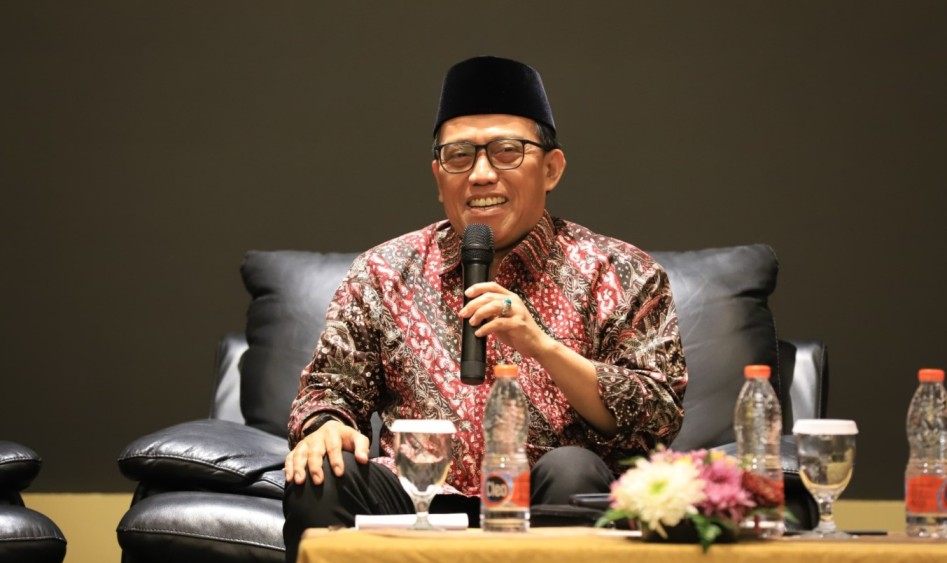Indonesia’s central bank launches QR code payment with Thailand QR Payment

Jakarta (Indonesia Window) – Indonesia’s central bank Bank Indonesia (BI) has launched the National Open API Payment Standard (SNAP) as well as a sandbox trial of the Indonesian QR Code Payment Standard (QRIS) with Thailand (Thai QR Payment).
The launch was held virtually on Tuesday (Aug. 17) coinciding with the 76th commemoration of Indonesia’s Independence Day.
SNAP is a national standard set by BI which contains a set of protocols and instructions that facilitate open interconnection between applications in processing payment transactions.
SNAP which is prepared by the Indonesian Payment System Association (ASPI), aims to create a healthy, competitive and innovative payment system industry so that it can provide efficient, safe and reliable payment service system to the public.
The development of QRIS with Thailand was expected to be a new milestone in facilitating people’s activities of the two countries, especially for tourists.
The implementation of SNAP is one of the important steps in accelerating open banking in the payment system area.
This initiative is a follow-up to the vision of the Indonesian Payment System Blueprint (BSPI) 2025 to continue to promote the acceleration of the national economy and finance digitalization, including through open banking initiatives.
The implementation of this standard is expected to create integration, interconnection, and interoperability among API (Application Programming Interfaces) providers so as to push payment system efficiency.
The standardization of Open API Payments was expected to reduce industry fragmentation and boost the acceleration of economic and financial digitization in Indonesia.
The SNAP was preceded by the issuance of the Consultative Paper Standard Open API Payments by Bank Indonesia in the first quarter of 2020.
The interoperability and interconnection of the National Standard QR Code Indonesia (QRIS) and Thailand (Thai QR Payment) is a collaboration and synergy of BI, Bank of Thailand, ASPI, switching institutions of the two countries, Bank Appointed Cross Currency Dealers (ACCD) and payment service providers.
Switch-to-switching interconnection is built between switching countries, namely Rintis, Artajasa, Jalin, and Alto from Indonesia, as well as National ITMX (NITMX) from Thailand.
Meanwhile, the transactions are carried out using Local Currency Settlement (LCS) via Indonesia’s ACCD banks, namely BCA, BNI, BRI, and Thai’s ACCD banks, namely Bangkok Bank (BBL), Bank of Ayudhya (Krungsri), and CIMB Thai Bank (CIMBT).
The full commercial phase of QRIS with Thailand was expected to take place in the first quarter of 2022.
Reporting by Indonesia Window

.jpg)








